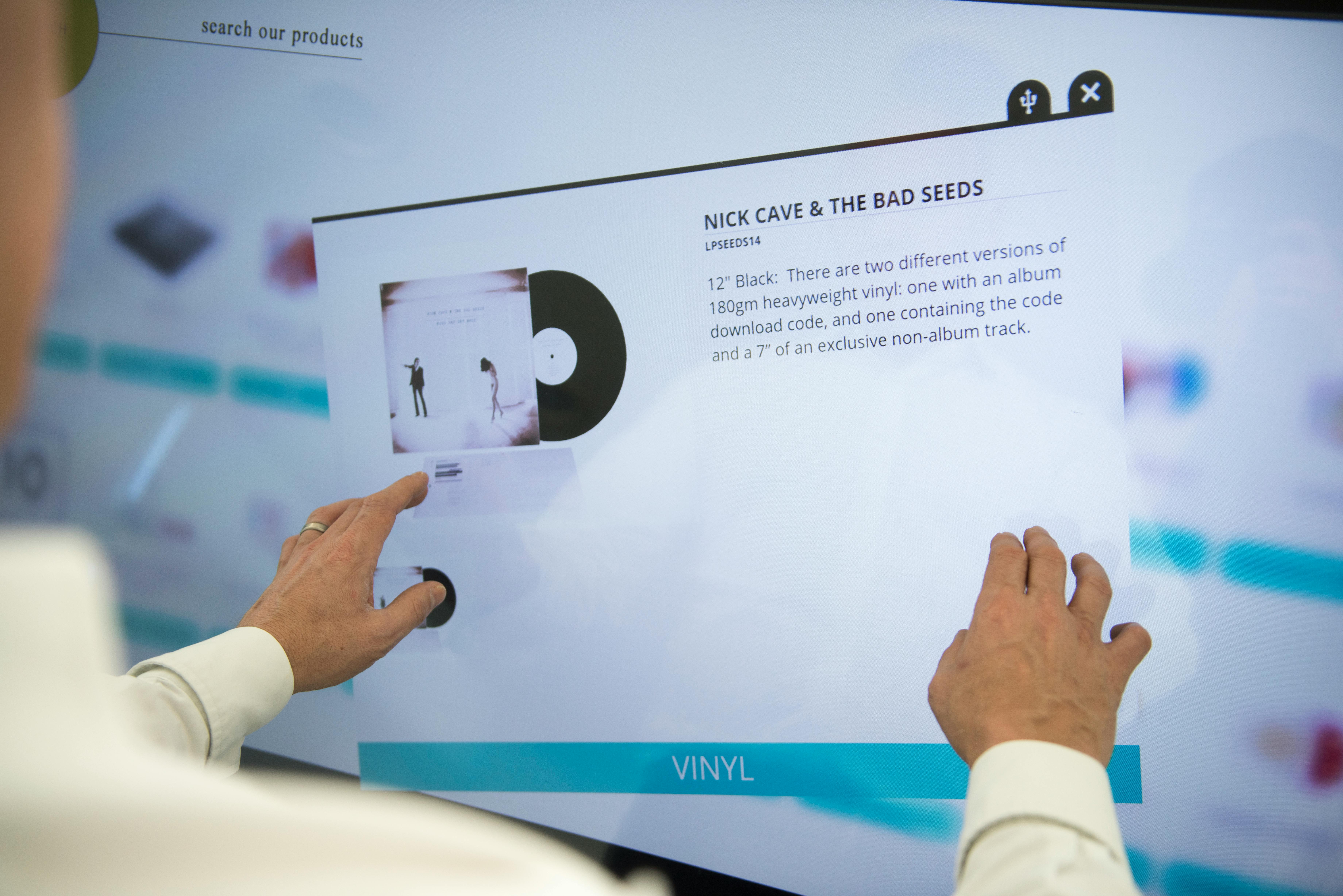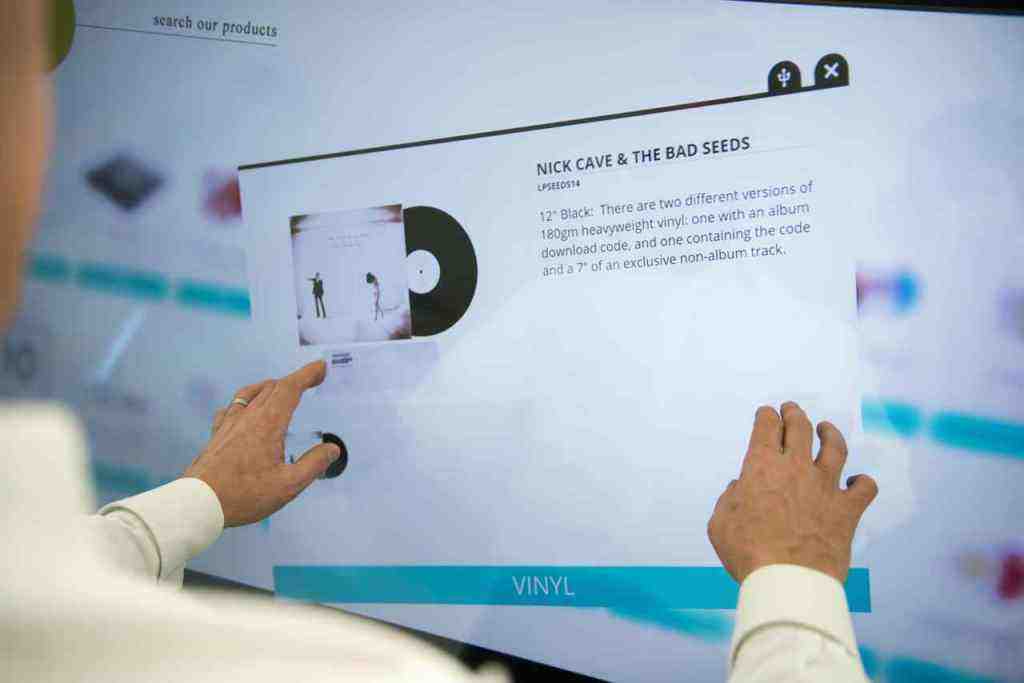The Evolving E-Commerce Landscape: How Tech and You Are Reshaping Online Shopping

The world of online shopping is changing faster than you can say “add to cart.” It’s not just about clicking a button anymore; it’s a whole revolution driven by cool new tech and, let’s be honest, our own ever-changing desires as shoppers. This isn’t just a passing fad; it’s fundamentally changing how we buy things, interact with brands, and even think about what we own. Understanding these shifts is super important, whether you’re running an online store or just trying to snag the best deals. The digital marketplace is always buzzing, offering tons of opportunities but also throwing some curveballs our way.
Tech That’s Driving the E-Commerce Boom
Think about how much easier online shopping is now compared to, say, ten years ago. That’s thanks to a bunch of tech advancements that are making things smoother and creating whole new ways to shop. The internet itself is faster and more reliable, which is a big deal when you’re trying to checkout without any hiccups. And then there are our smartphones – they’ve basically put a shopping mall in everyone’s pocket. This accessibility has opened up e-commerce to so many more people than ever before.
Your Phone: The Ultimate Shopping Buddy (M-Commerce)
Seriously, who doesn’t have a smartphone these days? It’s become our go-to for everything, including shopping. Apps, mobile-friendly websites, and easy payment options mean we can buy stuff pretty much anywhere, anytime. Those little notifications you get? They’re often part of a strategy to make shopping on your phone even more convenient and, well, addictive. Being able to check prices, read reviews, and buy a new gadget while waiting for your coffee is a game-changer for how we shop. It’s no surprise that mobile commerce continues to dominate online sales.
AI and Machine Learning: Your Personal Shopping Assistant
Artificial intelligence (AI) and machine learning (ML) are like the secret sauce making online shopping smarter. Ever wonder how those websites seem to know *exactly* what you want? That’s AI-powered recommendation engines at work, analyzing your browsing history to suggest products you’ll probably love. And those chatbots that pop up to help? They’re using AI to answer your questions instantly, making customer service way faster. Plus, ML helps businesses predict what items will be popular, manage their stock better, and even figure out the best prices. This kind of data analysis is crucial for staying competitive in the e-commerce space.
AR and VR: Trying Before You Buy, Virtually
Augmented reality (AR) and virtual reality (VR) are starting to blur the lines between online and in-store shopping. Imagine being able to see how a new sofa would look in your living room using just your phone, or trying on clothes virtually. AR makes this possible, reducing the guesswork and making you feel more confident about your purchase, which means fewer returns for businesses. While VR shopping is still a bit futuristic for most of us, it holds the promise of creating fully immersive virtual stores that feel just like the real thing.
Blockchain: Making Online Transactions Safer
Blockchain technology is all about security and transparency, which is a pretty big deal for online transactions. Because it’s decentralized and uses fancy cryptography, it can make payments more secure and help prevent fraud. It’s also being used to track products through the supply chain, so you can be more sure that what you’re buying is genuine. This adds a layer of trust that consumers are increasingly looking for.
5G: The Speed Boost E-Commerce Needed. Find out more about AI in e-commerce personalization.
The arrival of 5G technology is a real game-changer for online shopping. With super-fast download speeds and lower latency, it means richer online content, smoother video demonstrations of products, and more responsive AR/VR experiences. Everything just feels snappier and more reliable, especially when you’re shopping on your phone. This improved performance supports more transactions and a better overall user experience.
How Shoppers Are Changing the Game
It’s not just the tech that’s evolving; we, as consumers, are changing too. We’re more informed, we expect more, and we care more about the values of the brands we support. Convenience, personalization, and ethical practices are becoming non-negotiables for many of us.
You Want It Your Way: Personalization and Customization
We all like feeling special, right? That’s why personalized experiences are so important in e-commerce. It goes beyond just getting product recommendations; it’s about getting marketing messages that actually resonate with you and even customized product options. Brands that use data smartly to create these tailored experiences are the ones building customer loyalty. Being able to customize a product, like adding an engraving or choosing specific features, adds a whole new level of appeal.
Shopping While Scrolling: The Rise of Social Commerce
Social media platforms aren’t just for catching up with friends anymore; they’ve become shopping destinations. Social commerce lets you discover, browse, and buy products without ever leaving your favorite app. Think shoppable posts, influencer recommendations, and live shopping events – these are all changing how we find and buy things, leveraging the trust and community found on social media. Platforms like Instagram and TikTok are leading the charge in social commerce trends.
The Subscription Box Craze
Subscription models are booming because they offer convenience and a predictable way to get products and services. Whether it’s a curated box of snacks, beauty products, or even software, subscriptions provide a steady income for businesses and consistent value for customers. This model really helps build loyalty and keeps customers engaged with a brand over time.
Shopping with a Conscience: Ethics and Sustainability. Find out more about mobile commerce trends 2024 guide.
More and more shoppers are thinking about the impact of their purchases. We’re looking for brands that are good to the environment, treat their workers fairly, and are open about their supply chains. E-commerce businesses that can genuinely show their commitment to these values tend to connect better with this growing group of conscious consumers. Brands focusing on sustainability in e-commerce are seeing significant growth.
It’s Not Just About the Product, It’s the Experience
Even though e-commerce is online, we still crave a good experience. This means beautifully designed websites, engaging content, excellent customer service, and even the excitement of unboxing a new purchase. Some online retailers are even adding virtual events or personalized consultations to make the whole process more enjoyable.
What Makes an E-Commerce Business Shine Today
To do well in today’s e-commerce world, businesses need to focus on a few key things that combine tech know-how with understanding what customers want.
Make It Easy to Use: Great User Experience
Your website or app needs to be a breeze to navigate. Fast loading times, clear product details, and a super simple checkout process are crucial for turning window shoppers into actual buyers. And remember, making sure everything works perfectly on mobile is absolutely essential. A clunky mobile experience can lose you customers fast.
Know Your Customers: Data is King
Understanding how your customers behave is fundamental. Businesses need to collect and analyze data to personalize experiences, make marketing efforts more effective, and figure out where they can improve. This means looking at website traffic, purchase history, customer feedback, and how people interact with you on social media. Effective customer analytics can make or break a business.
Get Your Products There Fast: Supply Chain Smarts. Find out more about augmented reality shopping experience tips.
In a world where everyone expects things delivered yesterday, an efficient supply chain is a major advantage. This means getting inventory management, warehousing, order fulfillment, and shipping all dialed in. Making sure orders are accurate and delivered on time is key, and handling returns smoothly is also a big part of keeping customers happy.
Be There for Your Customers: Top-Notch Service
Great customer service builds trust and loyalty. This means offering support through various channels, responding quickly and helpfully, and solving problems effectively. Being proactive and engaging with customers personally can turn a simple transaction into a long-term relationship.
Be Everywhere, Consistently: Omnichannel Strategy
For many businesses, being available across all channels – online, in-store, and on mobile – is the way to go. Customers expect a consistent brand experience no matter how they interact with you. They want to be able to start a purchase on their laptop and finish it on their phone without any hassle.
What’s Next for E-Commerce?
The future of online shopping looks pretty exciting, with new technologies and even higher customer expectations on the horizon.
AI’s Continued Reign
AI is going to become even more integrated into how e-commerce businesses operate. Think even more personalized recommendations, smarter customer service that predicts what you need, and automated marketing campaigns. Using AI effectively will be a major competitive edge.
Shopping in the Metaverse. Find out more about blockchain technology e-commerce security strategies.
The metaverse opens up some really interesting possibilities for e-commerce, offering chances for super immersive and interactive shopping experiences. Imagine brands creating virtual stores where you can browse and even try on digital items. It’s a whole new frontier for online retail.
Talking Your Way to a Purchase: Voice Commerce
As voice assistants get smarter and more common, voice commerce is set to grow. More and more people will be able to search for products, make purchases, and manage their accounts just by speaking commands, making shopping even more convenient.
Your Data, Their Responsibility: Privacy and Security
Since e-commerce relies so heavily on data, keeping that data private and secure is a huge concern for everyone. Building trust through transparent data practices and strong security measures will be absolutely vital for long-term success. Consumers are increasingly aware of data privacy regulations and expect businesses to comply.
The Circular Economy: Resale and Rentals
With growing awareness about environmental issues, the circular economy – including buying and selling used goods or renting items – is gaining momentum. E-commerce platforms that support these models are likely to see more demand as shoppers look for sustainable options.
Wrapping It Up: Staying Ahead in the E-Commerce Race
The e-commerce market is a lively, fast-paced place, shaped by new technologies and changing customer desires. Businesses that can adapt, embrace new tech, and really focus on the customer experience are the ones that will succeed. The journey of e-commerce is ongoing; it’s all about constantly adapting, innovating, and truly understanding today’s consumer. The integration of AI, the potential of immersive tech, and the growing importance of ethical practices all point to a future where online shopping will be more personalized, convenient, and woven into our daily lives than ever before. Staying informed and flexible is the key to unlocking the full potential of this transformative industry. What’s one piece of tech you’re most excited about seeing more in e-commerce? Let us know in the comments!
